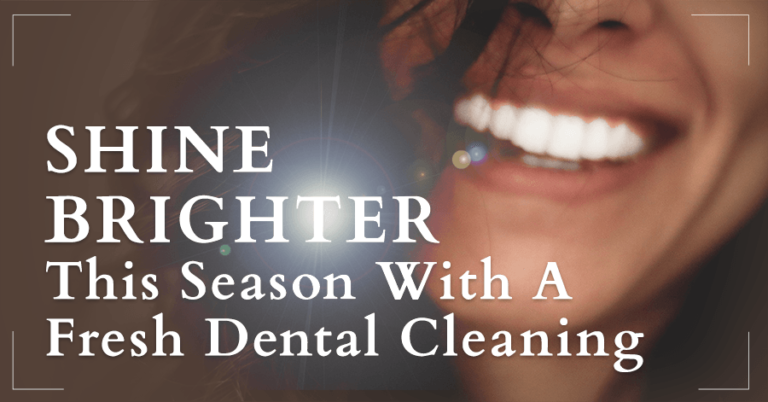There’s big “benefits” to good oral health
Prevention is far better than cure when it comes to dental health. Studies have proven neglected oral health is often the precursor to serious chronic
Prevention is far better than cure when it comes to dental health. Studies have proven neglected oral health is often the precursor to serious chronic
Update: Nov 22, 2016 The engineer of a commuter train that slammed into a station going double the 10 mph speed limit, killing a woman,
The only pain associated with a deafening sound of grinding teeth tends to be to the eardrum. Also known as Bruxism, it’s not typical to

Picture it. You’re walking into the club holiday gala with your gown falling around you in elegant waves, your carefully chosen jewelry catching the light,

“We’ve — we’ve found the Queen!” the trembling voice bounced across the marble floor, to the crowd that had gathered, eager to hear any news

Every morning, it seems like they’re deeper and darker. The heavy black bags under your eyes are getting harder to hide and is it your